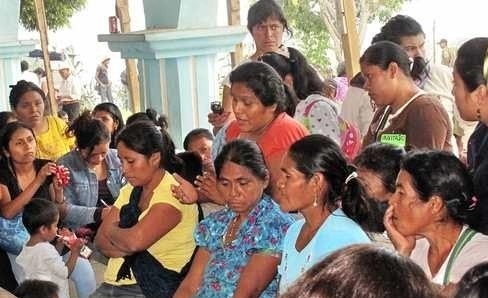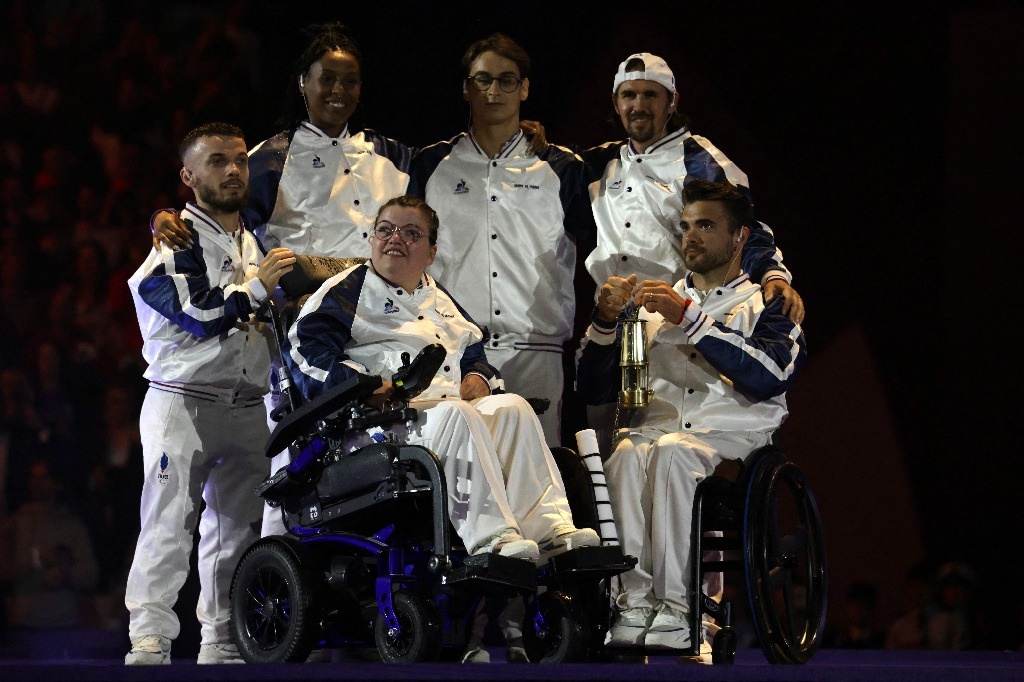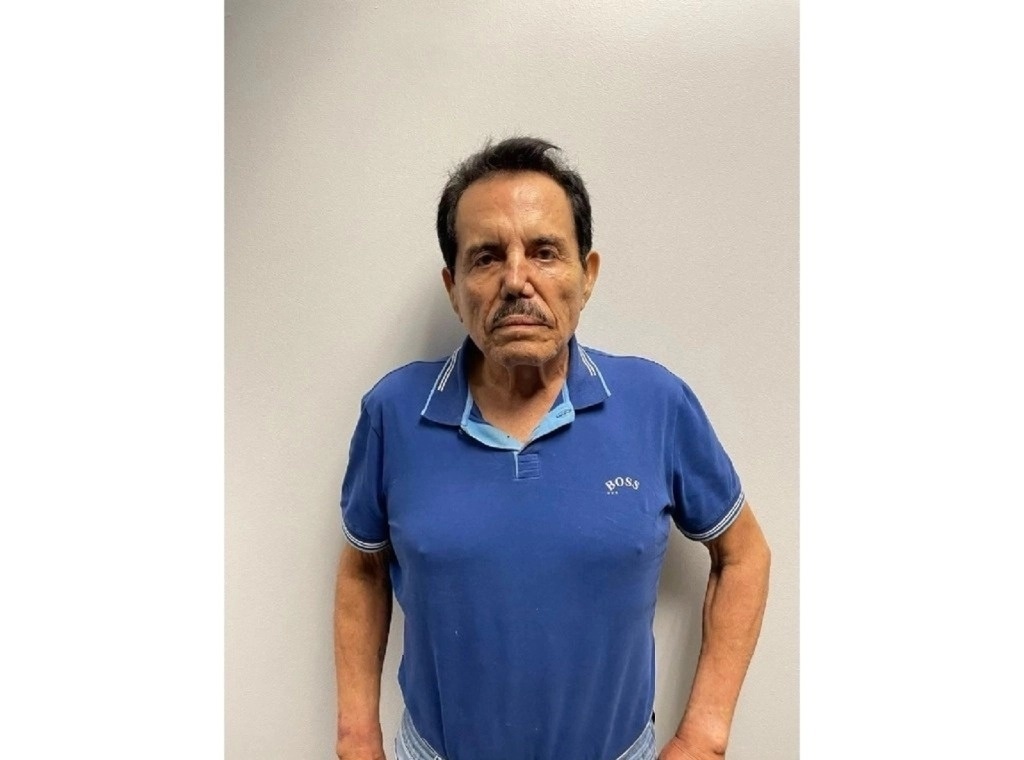One rainy afternoon, Artemisa, widow of the philosopher Eli de Gortari who directed the collection Scientific and philosophical problems
with the astrophysicist Guillermo Haro he came to visit me. As we all know, Eli de Gortari was imprisoned in 1968 for his support of the student movement and spent five years locked up in the Black Palace of Lecumberri.
Today, 56 years after the 1968 massacre, Eli de Gortari’s wife, Artemisa, accompanies her daughter, the educator Ana, to remember Eli de Gortari (former rector of the University of Michoacán) and to talk about the promotion of literacy to which Ana dedicates her life. Both university students remember the 1968 massacre. Today, the young woman wants to talk about her commitment to the eradication of illiteracy, although Artemisa insists on remembering Guillermo Haro, who often visited Eli de Gortari in Lecumberri. Both women also mention teachers of the stature of Heberto Castillo and José Revueltas, and I think of Manuel Marcué Pardiñas, director of the magazine Policy, who gave voice to everyone and also ended up imprisoned.
Artemisa and her daughter Ana remember that Lecumberri became a school for everyone.
Before 1968, Guillermo Haro, Samuel Ramos and Eli de Gortari formed the Seminar on Scientific and Philosophical Problems, from which essential books emerged and were published that could be purchased not only at the University Bookstore, but also in self-consumption stores.
In addition to remembering her father’s imprisonment, young Ana, daughter of Artemisa, wanted to talk about her commitment to literacy among children and young people, since for years she set out on foot along sunny and shady paths in Chiapas for eight-hour days. That commitment managed to change not only her life, but also the lives of many illiterate people, as she now relates.
I have images that are impossible to forget. The first is a sunrise in the mountains of Chiapas, almost at the height of the clouds. As in most mountainous areas of Mexico, women begin their day at 4 in the morning. They clean their house and prepare the food they will take to the fields. I was able to accompany them on many occasions. At first, we all went in silence, concentrating on the fog so as not to trip, because it was not yet dawn. As the light began to rise, I recognized on the dirt road a cluster of smiling faces and words that I hurried to write down in order to establish a lasting friendship. Sharing the joy, courage and accumulated will of so many women dedicated body and soul to the effort that is renewed every day and never ends until it reaches tears from so much effort, is part of my experience as an anthropologist.
“Since 2005, when I was given the task of coordinating university social service, we have been analyzing strategies at the National Autonomous University of Mexico (UNAM) to concentrate efforts on no more than a dozen actions that would have a significant social impact and in which the majority of students could participate. At that time, the then rector Juan Ramón de la Fuente already had an agreement with Juan Sabines, governor of Chiapas, for us to support three municipalities with high rates of illiteracy, including Sitalá. We also served some communities in San Cristóbal de las Casas with the Chiapas Solidario por la Litebetización program, the Secretariat of Social Development, the National School of Anthropology and History, the Autonomous University of Chiapas, the Colegio de Bachilleres de Chiapas, the Colegio de Estudios Científicos y Tecnológicos del Estado de Chiapas, among others, including UNAM, which played a central role in the great literacy campaign coordinated by the state government.
“On behalf of Juan Ramón de la Fuente, I, Ana de Gortari, daughter of the philosopher Eli de Gortari y de Artemisa, realized that there was and is enormous interest in the university community to teach literacy using the massive Cuban method Yo Sí Puedo (Yes I Can), which was applied in Coahuila, Chiapas, the State of Mexico, Michoacán, Nayarit, Oaxaca, Puebla, San Luis Potosí, Tabasco, Quintana Roo, and Veracruz with great results. Lázaro Cárdenas Batel, Cárdenas’ grandson, declared Michoacán a territory free of illiteracy and raised the white flag, according to the parameters of the United Nations Educational, Scientific and Cultural Organization, of a ‘territory free of illiteracy.’”
–Was it very difficult?
–We developed a theoretical-practical training strategy in which 50 students from 20 undergraduate programs coordinated with students from educational institutions and high schools in Michoacán to form work groups. We were a resounding success in some municipalities on the coast of Guerrero, such as Petatlán and José Azueta, better known as Zihuatanejo. During the rectorship of Dr. José Narro and the government of Zeferino Torreblanca, we strengthened the poorest municipalities in the Guerrero Mountains, and with the 3 of 5 program we achieved the highest literacy rate in Cochoapa, Metlatonoc, Chilapa de Álvarez, Atlixtac, Alcozauca de Benítez, Atlamajalcingo del Monte and Xalpatláhuac, in coordination with the State Institute for the Education of Youth and Adults of Guerrero.
“In 2010, during the same administration of Dr. Narro, we undertook campaigns in all the municipalities of Puebla, during the time of Rafael Moreno Valle, and during the government of Mariano González Zarur, of Tlaxcala, we also obtained very good results.
“Juan Ramón de la Fuente visited the municipalities of Petatlán and José Azueta to start Community Days, just as he did in Guerrero, where UNAM has had a strong presence. The days also focused on supporting health, with the participation of students of medicine, nursing, dentistry, veterinary science, animal husbandry and ophthalmology with the motto of Seeing well to learn better. Likewise, the then rector José Narro visited the Mountains of Guerrero and later Puebla and Tlaxcala, to start literacy campaigns supported by Zeferino Torreblanca, Rafael Moreno Valle and Mariano González Zarur. We work with the National Institute for Adult Education (INEA), the National Council for Educational Development (CONAFE), the Regional Cooperation Center for Adult Education in Latin America and the Caribbean, and the University Center for Social Participation of the Autonomous University of Puebla, led by Jorge Pedrajo, now deceased, to whom I am most grateful.
“We also supported the then mayor of Chimalhuacán, Marco Antonio Lázaro Cano, and in Mexico City, Mario Delgado, Secretary of Education in Coyoacán, who turned out to be an extraordinary coordinator with Page 4 of 5, by Alejandro Encinas, the promoter of the Álfate esta Rola concerts, to raise funds.
All this work moved me. As is well known, during the presidency of Álvaro Obregón, Vasconcelos led the first crusade against illiteracy. This initiative from 1920 continued until 1924 and included great intellectuals and exceptional teachers. Today, literacy is a constitutional right and, in addition to reading and writing skills, it offers mathematical calculations. Developing active citizenship improves health and livelihoods. There is no magic wand; it is essential to give learning a practical sense linked to the uses and customs and vocation of each person: cultural diversity, dialogue and educational policy linked to public and social policies.
–Well, what about the old people?
–It is the responsibility of governments to guarantee the right to literacy in adults. Investing in them produces great benefits for the population and the country. In 2026, we will commemorate the sixtieth anniversary of International Literacy Day and 90 years of Mexican social service, established by General Lázaro Cárdenas. I am convinced that if efforts can be concentrated on five and no more than 10 strategic actions, such as combating illiteracy, it would be an extraordinary binomial of teaching-learning of reading and writing. Continue serving the communities under the care of INEA and CONAFE, and strengthen efforts in the most rural regions to serve the indigenous language-speaking population, agricultural laborers and migrants, giving priority to women, who, according to international indices, represent seven out of 10 illiterate people in the world. Adult literacy is one of the kindest tasks among human beings. Transmitting and sharing knowledge will always be essential to support those with fewer opportunities.
“Some of the great benefits of learning to read and write are an essential part of social justice. The ability to read a prescription, write a love letter or sign documents such as a voter registration card is access to social programs and is as valuable as reading stories between grandparents and grandchildren.
I am proud to do my community service because I am giving back something of what I have received. As a student, I learned a lot from the community that enriched my culture, in short, an act of love.
Literacy is a profoundly transformative act for those who learn and for those who teach. It is an exercise in patience and generosity that turns each letter, each word, into a bridge to a more just and equitable future.
#Crusade #illiteracyPoniatowska
– 2024-09-09 07:01:58


